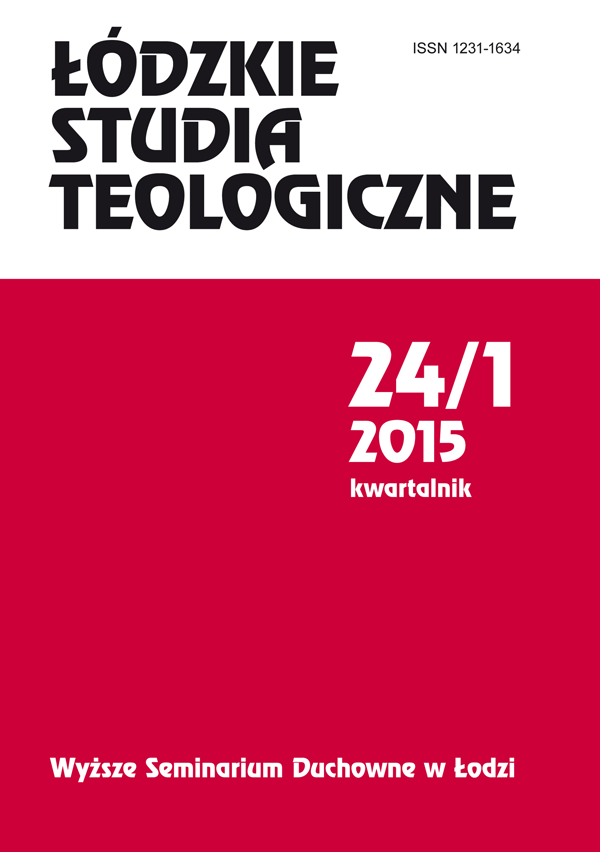Współczesne pytania Antygony. O wolności wyborów, o źródłach prawa i uzasadnieniu moralnej słuszności czynów
Antigone’s contemporary questions about the freedom of choices, sources of law and justifications of moral rightness of deeds
Author(s): Janusz LewandowiczSubject(s): Civil Law, Ethics / Practical Philosophy, Social Philosophy, Philosophy of Law
Published by: Wyższe Seminarium Duchowne w Łodzi
Keywords: Antigone’s topos; sources of the law; source of obligation; state law; codified law; divine law; natural right; legal positivism; human dignity; love; death; norm; conscience; justice; tradition;
Summary/Abstract: The author presents considerations concerning morality criteria based on cultural and philosophical prepositions. Contemporary issues, in particular bioethical ones, make us pose the questions about the hierarchy of norms and, thus, the hierarchy of activities. This automatically leads to the question about the source (or sources) of law. The basis for these considerations is Antigone by Sophocles as a masterpiece with universal message. From the text analysis one can discover the issue of tradition and its role in social life principles determination. This leads to the question about the sources of law – are they transcendental or immanent? The author points out that Antigone uses the word „law” – „νόμος”, „νόμιμα” – only in relation to the divine laws. Creon’s regulations which oppose them are described as „φρόνημα”– inventions. In this way she acknowledges the supreme character of the transcendental norm. Rejection of the reference to the transcendental leads to „absolute contradiction” in the area of prepositions and attainments of legal objectives. This notion („absolute contradiction”) was used by Joseph Ratzinger in Benedict’s Europe in the cultures crisis. It can be said that this contradiction in the modern age comes from different ways of understanding the relationship between the transcendence and science, and, consequently, law by Galileo. Therefore, the premise of absolute autonomy creates „absolute contradiction”. The attempt to overcome this obstacle is respect for the so called „immanent transcendence”, which is expressed in the natural law. However, one must first acknowledge the existence of the objective truth and the possibility of knowing it and the norm which assesses the consistency of one’s action with those reference points. This norm is one’s conscience which has its autonomy in relation to legal norms that are not based on the natural law. Without that acknowledgement the only justification of law would be mere force. In our cultural situation Antigone’s question about the sources of law and its validity as well as how to save human dignity and love remains still pending.
Journal: Łódzkie Studia Teologiczne
- Issue Year: 24/2015
- Issue No: 1
- Page Range: 23-42
- Page Count: 20
- Language: Polish

